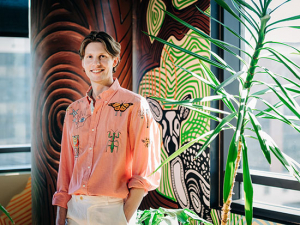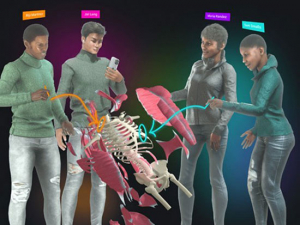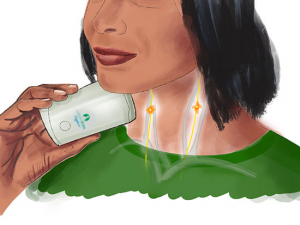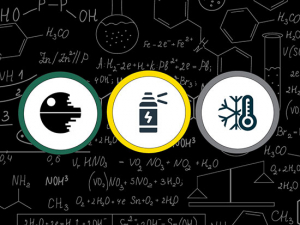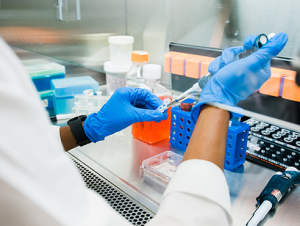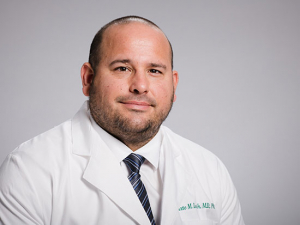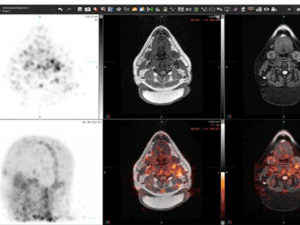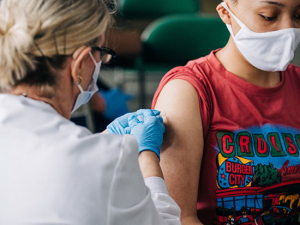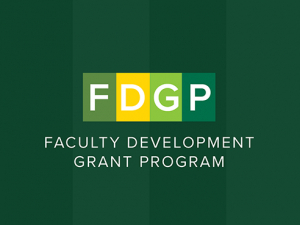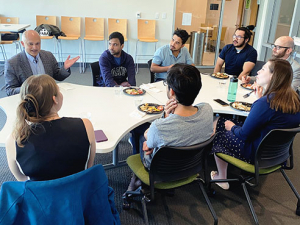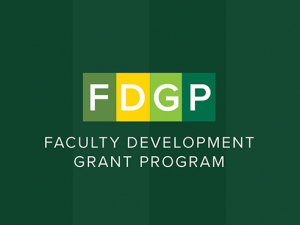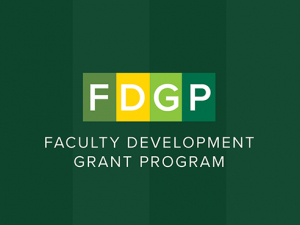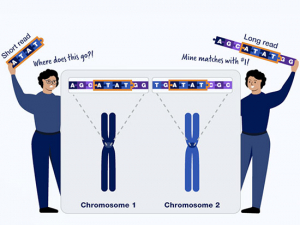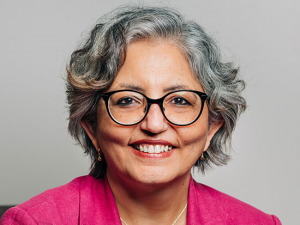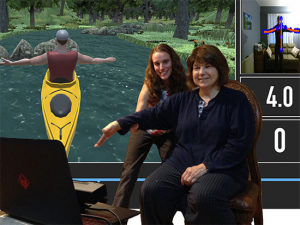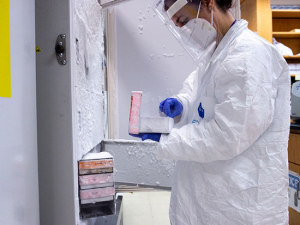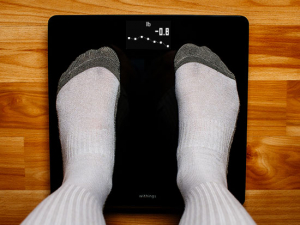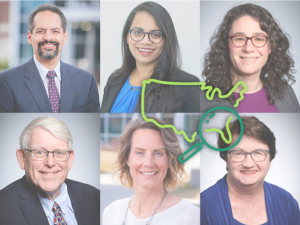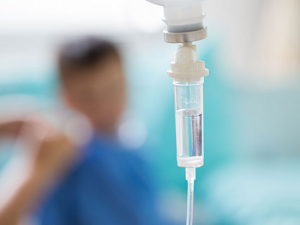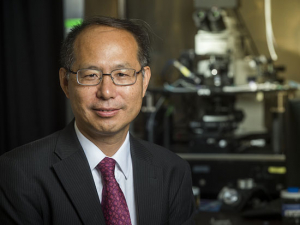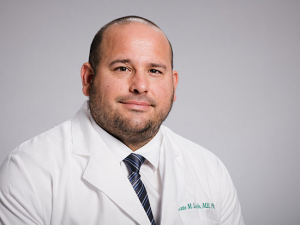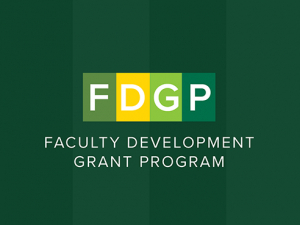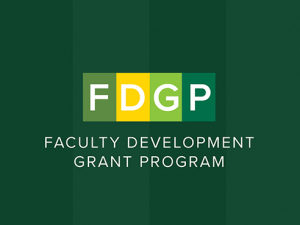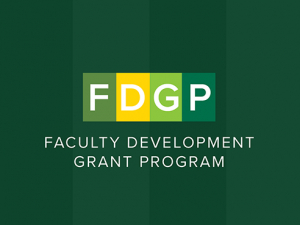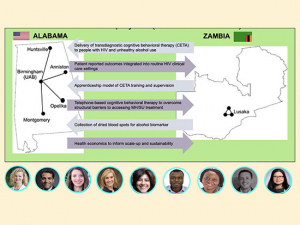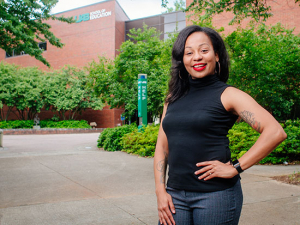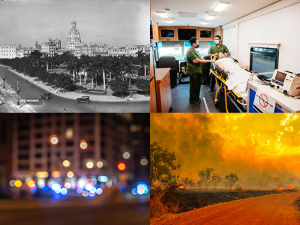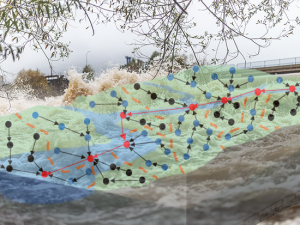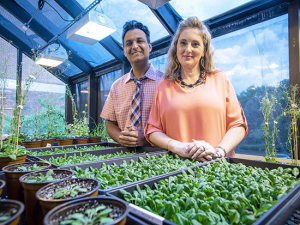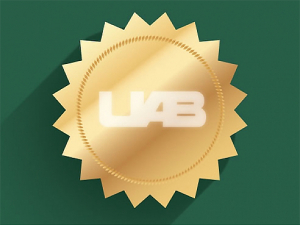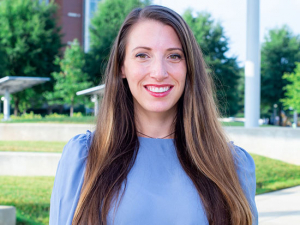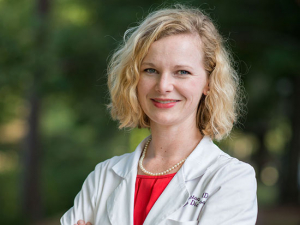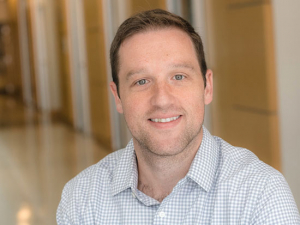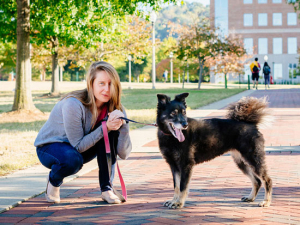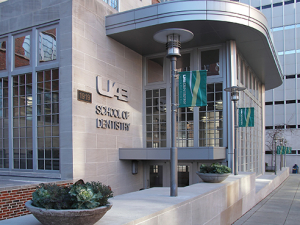Displaying items by tag: research
A chemical mystery drew Matthew Kiszla into tattoo research: Why are red inks most likely to cause rashes and other reactions? Now he is working to analyze commercial inks and looking for collaborators both scientific and artistic.
Take a look at new technologies being studied at UAB for treatment of depression, sleep apnea, traumatic brain injury and tic disorders.
Beginning Jan. 25, 2023, the National Institutes of Health will implement a new data management and sharing policy, which will increase the rigor, reproducibility and transparency of research and create open access to data.
UAB scientists will have a new arsenal of state-of-the-art, high-end technology for their investigations in infectious diseases and pandemic preparedness through a $4.3 million scientific equipment grant from the National Institute of Allergy and Infectious Diseases.
Driver assistance tech that comes standard on new vehicles can be tricked into causing accidents — but there is a way to alert humans in time. A UAB grad student and his mentor will share their findings this month at a global conference.
Graduate students and postdoctoral fellows in the Innovate Fellows program are trained and compensated to evaluate new inventions on campus through market, prior art and patent analyses to assess commercial merit.
A civil rights field experience, safer MRI scans, investigating college stress and implementing a massive genetic test for cancer: Recipients of 2022 Faculty Development Grant Program awards explain how they will use their funds.
The UAB Faculty Development Grant Program supports junior faculty with funding to pursue research, creative works and scholarly activity.
The largest registry of U.S. children with cancer who were diagnosed with COVID-19 found an increased risk of having severe infection and having their cancer therapy modified because of COVID, underscoring the urgency of vaccinations for these children, the authors say.
